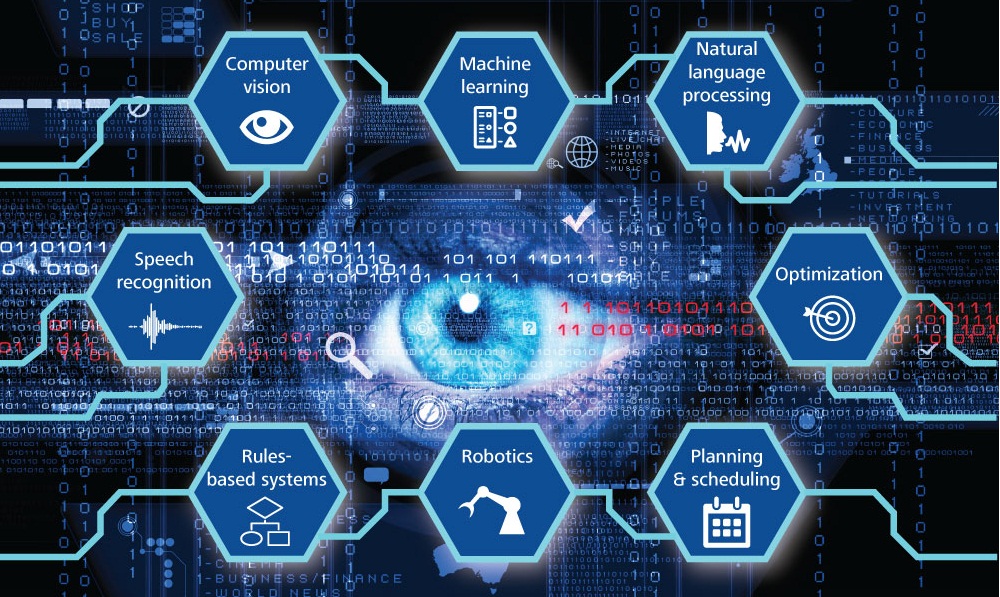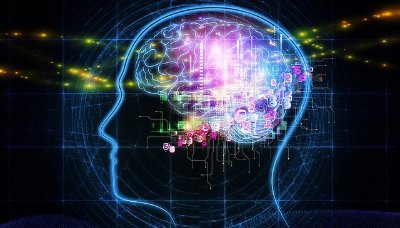All about ? Cognitive Computing
Artificial intelligence has been spread over a very large area of computing since the beginning of the computer, but we are getting closer than ever with cognitive computing models. What are these models and why are we talking about it today.
Cognitive computing comes from a mash-up of cognitive science which is the study of the human brain and how it functions and a touch of computer science and the results will have far-reaching impacts on our private lives, healthcare, business, and more.
What is Cognitive Computing?
The aim of cognitive computing is to replicate human thought processes in a programmed model. It describes technology platforms that broadly speaking, and which are involved in self-learning systems that use data mining, natural language processing, and pattern recognition to mimic the way the human brain works. With the goal to automate the IT systems that are capable of solving the problems without requiring human assistance the Cognitive computing is growing very fast.
Cognitive computing systems use machine learning algorithms; which repeatedly acquire knowledge from the data fed into them by mining data for information. These systems treat the way they look for patterns and as well as the way they process data so they have become competent of anticipating new problems and modeling possible solutions.
Cognitive computing is used in numerous artificial intelligence applications (AI), including expert systems, neural networks, natural language programming, robotics and virtual reality. While computers are proved the faster machines at calculations and meting out the humans for decades; these machines haven’t been able to accomplish some tasks that humans take for granted as simple, like understanding natural language, or recognizing unique objects in an image. The cognitive computing represents the third era of computing: it from computers that could tabulate sums (the 1900s) to programmable systems (1950s), and now to cognitive systems.
The cognitive systems; most remarkably IBM and IBM +0.55%’s Watson, depend on deep learning algorithms and neural networks to process the information by comparing it to an education set of data. The more data the systems are exposed to, the more it learns, and the more accurate it becomes over time, and this type of neural network is a complex “tree” of decisions the computer can make to arrive at an answer.

What can cognitive computing do?
As per the recent TED Talk from IBM, Watson could ultimately be applied in a healthcare setting also, this helps the administrative department of healthcare to collate the span of knowledge around conditions, which include the patient history, journal articles, best practices, diagnostic tools, and many more. Through this, you can easily analyze that vast quantity of information, and provide your recommendations as needed.
The next stage is to examine, which will be proceeded by the consulting doctor, who will then be able to look at the evidence and based on the recorded evidence the treatment options will be released based on these large number of factors including the individual patient’s presentation and history. Hopefully, this will lead to making better treatment decisions.
While in other scenarios, when the goal is not to clear and you look to replace the doctor, and the doctor’s capabilities by processing the humongous amount of data available will not be retained by any human and thus providing a summary of potential application will be overdue. This type of process could be done for any field such as including finance, law, and education in which large quantities of complex data will be in need to be processed and analyzed to solve problems.
However, you can also apply these systems in other areas of business like consumer behavior analysis, personal shopping bots, travel agents, tutors, customer support bots, security, and diagnostics. We see that there are personal digital assistants available nowadays in our personal phones and computers like —Siri and Google GOOGL -0.21% among others, which are not true cognitive systems; and have a pre-programmed set of responses and can only respond to a preset number of requests. But, as tech is on high volume we will be able to address our phones, our computers, our cars, our smart houses and get a real time in the near future when thoughtful response rather than a pre-programmed one.
The coming future will be more delightful for us as computers will become more like humans and they will also expand our capabilities and knowledge. Just be ready to welcome the coming era when computers can enhance human knowledge and ingenuity in entirely new ways.






